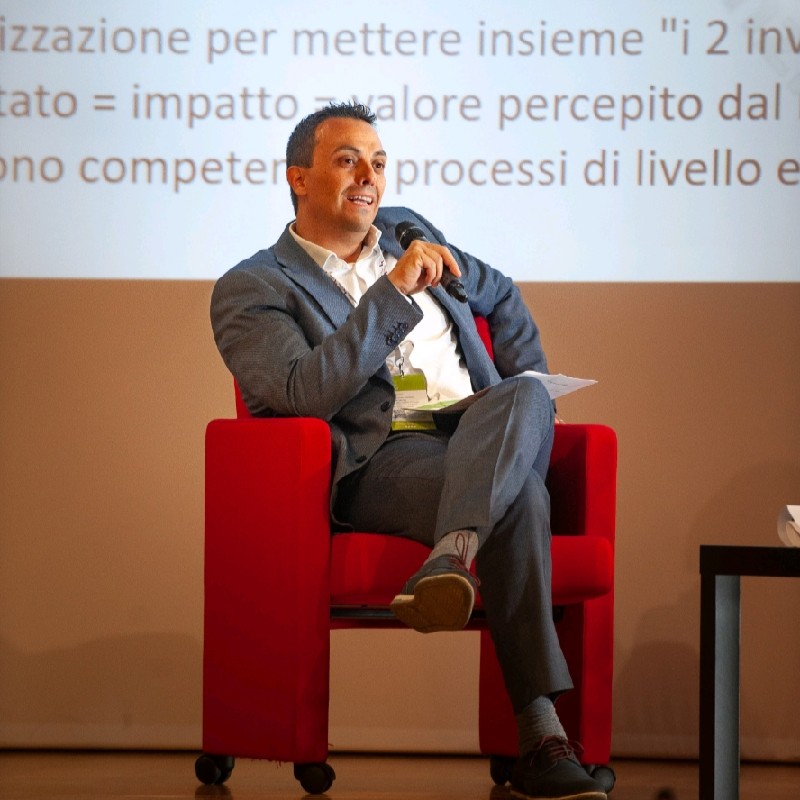Oberoi Plywood IndustriesOberoi plywood Industries is a leading manufacturer of united shuttering plywood . If you're searching for a good company to buy United plywood then get in touch for further information by visiting our website or by contacting us 8059259990. Website -: https://oberoiwoodindustries.com/shuttering-plywood.php
Kenex Stencils
CEO at Kenex Stencils from Australia · Girraween
Looking for line marking services in Australia? Kenex Stencils completes all types of safety line marking in factories, car park lines in shopping center car parks and schools, and road marking, such as bus lanes. We also offer complete basement packages for customers including cleaning, scrubbing, line marking, and sealing. Our specialty is long-life, high friction, anti-skid coating. For more information visit us now or call us at 1300 536 391. https://www.kenexstencils.com.auJRD Realtorss
Real estate agent at JRD Realtorss from Not defined · Coimbatore, Tamil Nadu
JRD Realtorss was established in the year 1991 by Dr. J. Rajendran. We are the leading builders of villas and land promoters of properties in Kovaipudur. We have a strong business background and we are capable of contributing margin toward the projects. We understand the need of our customers for articulately designed Villas with perfect quality all over Coimbatore.Justin Mary
SEO Analyst at EZ Rankings from Not defined · United States
Andrew SEO Analyst specialized in content marketing and SEO service for more than 4 years at EZ Rankings company. Love to write articles on Digital Marketing trends, If you want to know more then you should visit the site. https://www.ezrankings.org/real-estate-seo-services.htmlWei Zhang
Assistant Professor at Swansea University from United Kingdom
Dr. Wei Zhang has obtained his PhD in Environmental Engineering as a recipient of Australian Postgraduate Award and Industry (APAI) scholarship (2008), Chinese Government Award for Excellent Students Abroad (2009) and Australian Water Association (AWA) Postgraduate Water Research prize (2012). For the last ten years, he has been delivering original and high-quality research in the development of novel prototype technologies, especially in the research field of Water Treatment and Monitoring, including capacitive deisonisation (CDI) for brackish water desalination and graphene electrochemical biosensors for various key water contaminants detection (e.g. heavy metals and algal toxins). This was further evidenced by his track-record of securing competitive research funding in excess of £500,000 as principal investigator (PI) in nearly all the world’s leading countries for innovation and technology, i.e. Australia, USA, Japan, China and EU. Among these, he has been awarded three prestigious international fellowship: 1) Australian Endeavour Fellowship in 2014, 2) Japan Society for Promotion of Science (JSPS) Fellowship in 2015 and 2) Horizon 2020 Marie Skłodowska-Curie Actions Individual Fellowship (MSCA IF) in 2017. In his research career, he has published more than 40 high impact journal papers/book chapters (h-Index: 19) and been invited to give keynote talks in three international conferences. Until now, he has co-supervised 4 PhD students to successful completion in three different universities. He currently serves as a board member for JSPS Bridge Fellowship Nomination Australian Subcommittee, and grant evaluator for 1) Australia-India Strategic Research Fund, 2) Small Business Innovation Research Program, National Institute of Food and Agriculture, United States Department of Agriculture, and 3) World Alliance for Efficient Solutions, Solar Impulse Foundation, Switzerland.Radioly App
Online FM Radio stations Online at owner from United Kingdom
Listen to thousands of online FM radio stations from around the world including music, news and talk, sports stations and more. Listen for free to online radio and avoid those costly cable bills. With RadioLy you can listen to jazz radio, English fm radio and online radio and all around the world from the comfort of your own home. https://radioly.app/














